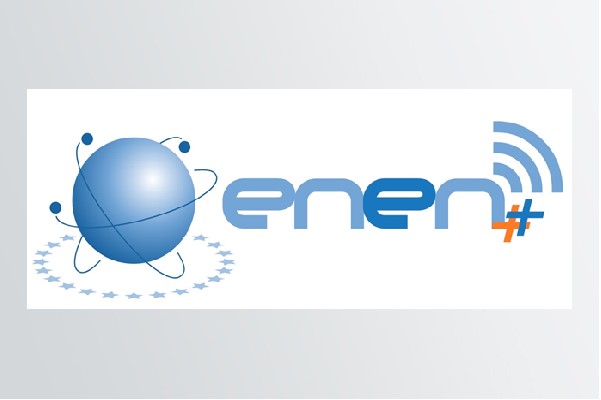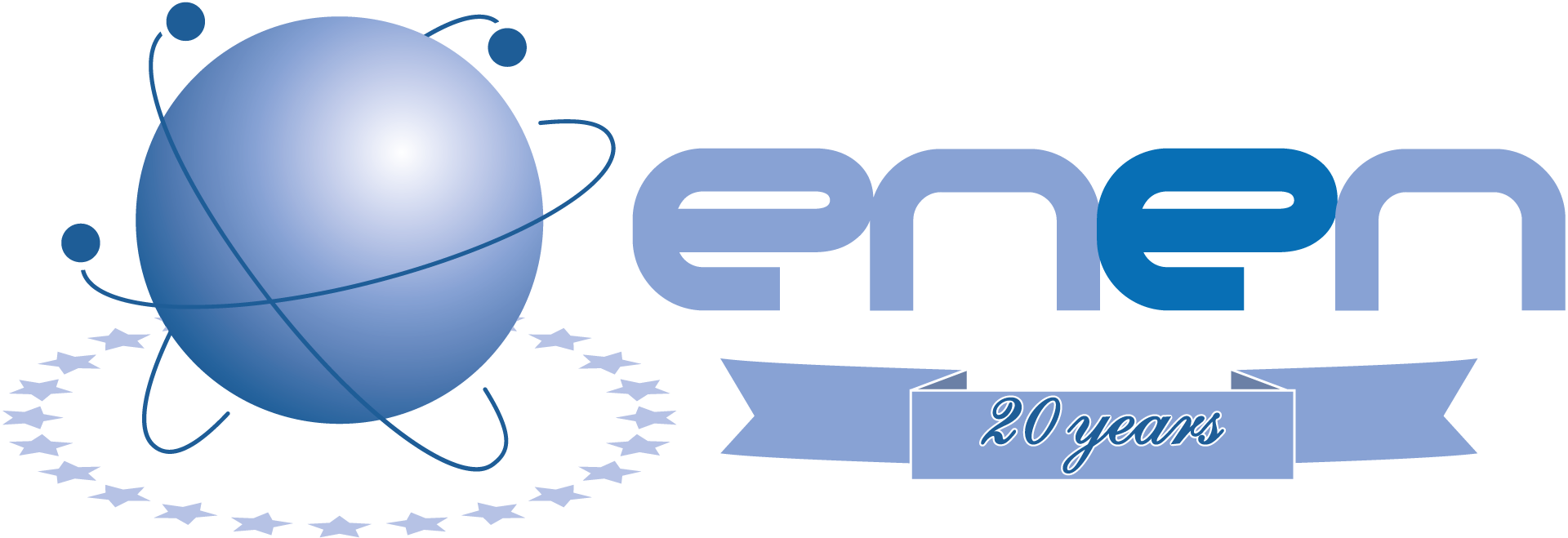SWISS FEDERAL INSTITUTE OF TECHNOLOGY LAUSANNE
(EPFL, LAUSANNE, SWITZERLAND)
Master of Science in Nuclear Engineering – Joint program of ETH and EPFL
> Introductory video new
> Website
The deadlines for applications to the program (classes start in September 2008) are quite short, viz. 15 March 2008 (applications via ETH Zurich) and 15 April 2008 (via EPFL)
The overall objectives of the Master of Science in Nuclear Engineering program are to:
1. Provide in-depth knowledge on the fundamentals and technology of harnessing nuclear fission for energy supply
The program equips you with basic and advanced knowledge related to the energy conversion process based on nuclear fission. Due to the interdisciplinary nature of nuclear science and technology, this consists in a wide range of subjects, including nuclear and reactor physics, reactor thermal-hydraulics, nuclear materials science, reactor and power plant technology, radiation protection, and nuclear safety.
2. Provide complementary knowledge on nuclear fusion
In the long-term, great expectations are placed on the potential of nuclear fusion as an unlimited source of environmentally friendly energy. As a student in the Master of Science in Nuclear Engineering program you also benefit from the strong background of fusion research at EPFL. Optional courses in plasma physics and nuclear fusion provide an important complement to the teaching of fission reactor technology.
3. Provide knowledge on nuclear techniques in medicine, research and industry
Nuclear techniques are prominent also in fields other than energy supply. In medicine, there are important applications of radiation and radioisotopes, for both diagnostic and therapeutic purposes. Many research areas benefit from nuclear measurement techniques, e.g. the use of radiotracers, radiographic and tomographic imaging, and analytical methods based on radiation such as synchrotron radiation, neutrons, etc. There are also various industrial non-power-producing applications of nuclear techniques. In many of the above cases, particle accelerators can serve as sources of radiation, often with unique application-specific characteristics.
4. Provide a view on the complete nuclear energy conversion system and the entire fuel cycle from uranium mining to the back-end
Sustainability and environmental friendliness, as well as the economic parameters of an energy conversion technology, are to a large extent defined by the characteristics of the fuel cycle. Due to the globalisation of the energy market and the environmental consequences of energy technologies in general, the supply of nuclear fuel deserves greater strategic attention, also for end-user countries like Switzerland. Waste disposal and other aspects of the fuel cycle back-end represent a major issue for every country using nuclear power.
5. Integrate nuclear energy into energy systems as a whole
Viewed globally, nuclear energy is part of an energy supply system based on a mix of primary sources, distribution networks and a wide variety of consumers. Energy supply worldwide has to face the challenge of sustainability. The necessity to reduce CO2 emissions and the decreasing resources of fossil fuels require their substitution and an increase of the efficiency of energy utilization. The curriculum also addresses complementarities and synergies between nuclear energy, regenerative energies and efficient energy usage as essential contributions to sustainability. Furthermore, you can attend courses from the existing offer of both EPFL and ETH Zurich that deal with other kinds of energy conversion systems, including renewable energy technologies.


